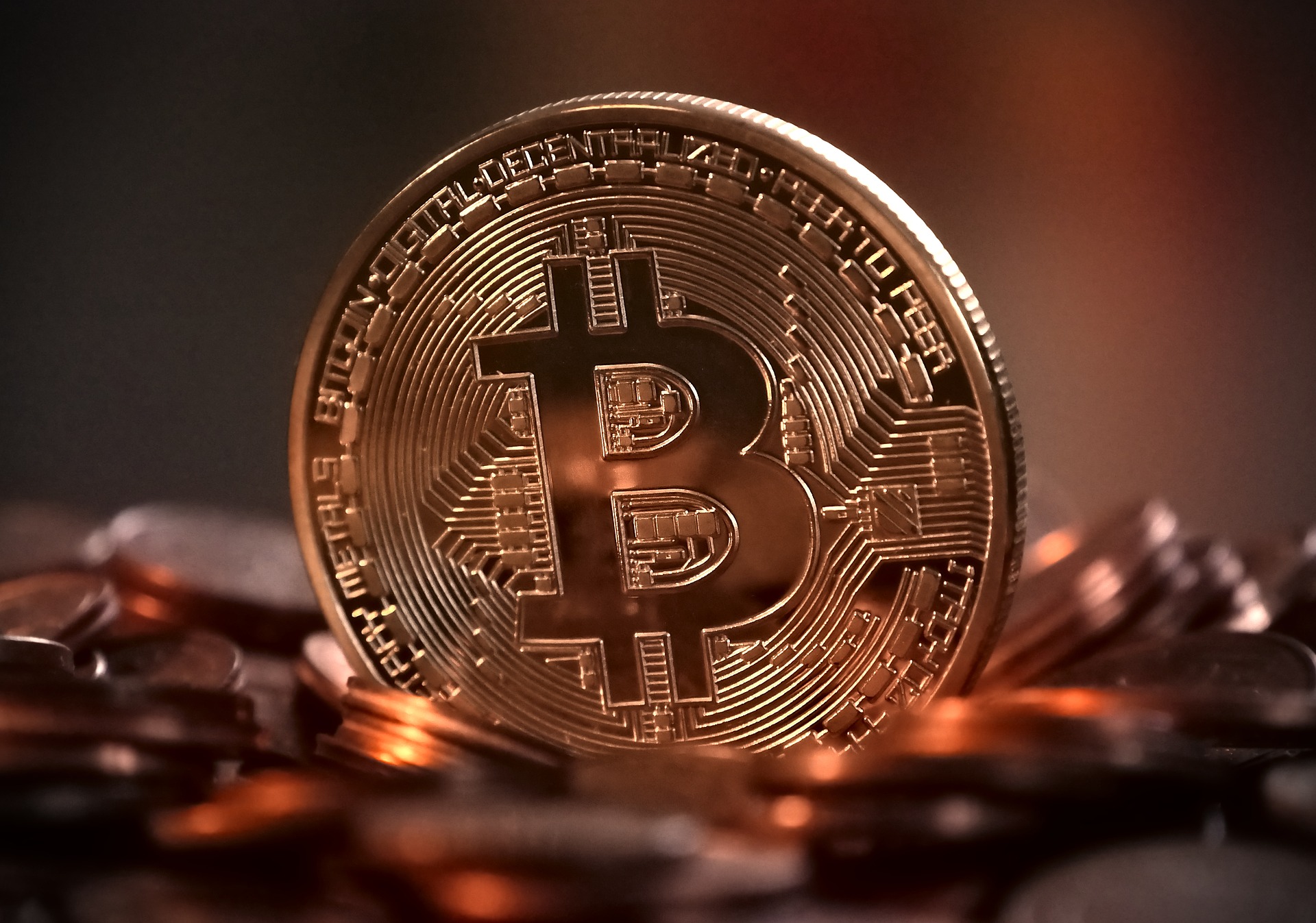By Jacob Hanses
Bitcoin is everywhere these days. But not everyone necessarily understands what it is, how it works, and where it came from. So, let’s get down to it: What is Bitcoin, exactly?
In short, Bitcoin is a decentralized cryptocurrency, one of the first, created by Satoshi Nakamoto. Satoshi published a white paper describing Bitcoin in 2008, describing how Bitcoin was meant to be used as a peer-to-peer payment method, with no intermediary like a bank or payment processor (decentralized), and low transaction fees. All transactions and balances of every single wallet on the network are public information, all being recorded and stored on the blockchain.
A blockchain is a shared, distributed database among many computers on a network. All cryptocurrencies are built on the blockchain. Bitcoin transactions are processed by miners who validate and secure the network, as a reward for such work they are paid a small amount of Bitcoin.
Why is Bitcoin important?
What makes Bitcoin so special besides the fact that it’s gained a lot of value in recent years, and has made holders a lot of money? Why should you care?
History has shown us that trying to find a currency or medium of exchange that is reliable and not susceptible to corruption is very difficult. Bitcoin is the first one to have a set monetary policy from day one, this policy rarely changes and if it does it requires a majority vote by the network participants (miners) to enact a change (fork).
A soft fork is a protocol change on the current network and a hard fork is a split — think of a “Y” — onto a completely new network. This is a very rare feature to have in a potential legal tender.
There is a fixed amount of Bitcoin, but more are still coming onto the network via rewards to miners. But eventually, the total number of Bitcoin will reach, but not exceed, 21 million. Already 90% of the 21 million is circulating today — this factor is very important to the long-term thesis. Every four years, the rewards paid to miners get halved, decreasing the natural inflationary pressures. Given that the network is run by miners all over the globe there is no one person, state, or country that is in control.
This can bring a reliable currency anywhere in the world, in fact, El Salvador has already adopted Bitcoin as its official legal tender. Now, almost 8% of Bitcoins circulating supply is held by countries, corporations, and exchange-traded products — the value of which is almost $90 billion.
This reliability is what has been the main draw towards adoption into Bitcoin. There are several other cryptocurrencies, like Ethereum, which have other attributes that differ from Bitcoin, and are often referred to as the “store of value” cryptocurrency due to its stable monetary policy. Bitcoin does offer some layer 2 and DeFi solutions, but these are recent happenings, although they could make Bitcoin more valuable down the line.
But that’s a discussion for a different day.
Investing in Bitcoin: Things to know
Before jumping head-first into Bitcoin investing, there are several things you should know and take into consideration:
Risks of investing in Bitcoin
It’s important to note that there are some serious risks to investing in BItcoin.
For instance, it’s easy to accidentally leak your wallet information or even transfer your crypto to the wrong address. There is no FDIC to insure your money, either, so if you lose it, it’s gone for good.
Where to buy Bitcoin
To be an investor in Bitcoin, you not only need to understand what it is and why it’s important, but also how to buy and hold it. You can buy Bitcoin through a number of exchanges and brokerages, but my favorite exchange to purchase Bitcoin on is Coinbase. Do some searching around, and you can find others, too. Many traditional stock brokers also allow users to buy and trade cryptocurrencies, like Bitcoin.
Again, do some research, and see what options are available to you.
Storing your Bitcoin
After purchasing cryptocurrency like Bitcoin, it’s important to move your crypto out of your brokerage or exchange account, and into cold storage. Otherwise, there’s always a chance that your holdings could be hacked.
“Cold storage” is an offline storage device that only you can access — it may be a thumb drive, for instance. But you must make sure not to lose it, as there’s no retrieving it if you do. My favorite cold storage device is the Ledger Nano series, but there are others out there.
Do I need to pay taxes on Bitcoin?
Finally, Bitcoin and other digital currencies are taxed as property, meaning you have to pay capital gains or losses upon the purchase and sale. It may be best to consult an accountant or financial professional if you’ve been making significant moves in your crypto portfolio to make sure you’re covering your bases with the IRS.
How much should I invest in Bitcoin?
How much you should invest is entirely up to you, but some individuals choose to put all of their money into Bitcoin. Others put as little as 1% of their assets in. Putting all of your net worth into one investment is not a good idea, of course, and most financial professionals will recommend against it. This is where the concept of diversification comes into play.
In effect, choosing one cryptocurrency to invest in, like Bitcoin, is like trying to pick a winning stock — there will be significant risks.
As such, investors should take their time, do some more research, and decide if investing in Bitcoin is right for them. Remember: Bitcoin is a volatile asset that possesses many risks, some known, others unknown. Bitcoin also faces a major threat from regulators, and we don’t know what that will look like yet.
Remember, Bitcoin is still very young, and its value could potentially fall to zero. So, do your homework, consider the risks, and make sure that any Bitcoin investments you make are within the framework of your overall financial strategy.
Like what you see? Get more content sent directly to your inbox! Sign up for the Money Vehicle Movement Newsletter!
More from Money Vehicle:









